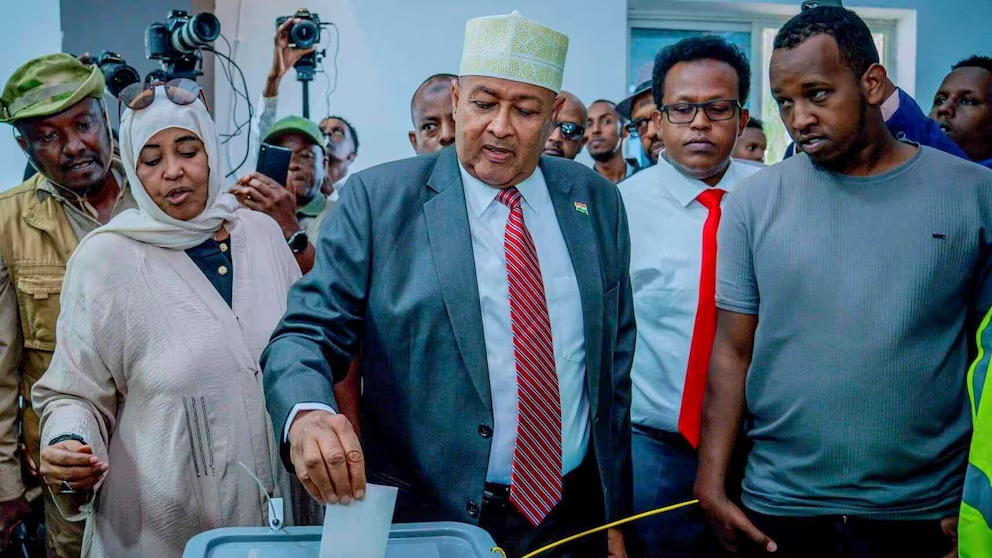Somaliland Child Education: An Emerging Model in the Horn of Africa
Somaliland covers an area of 137,600 kilometers and shares a broader with Ethiopia, Djibouti and Somalia. Hargeisa is the political and commercial capital of Somaliland. School education system of Somaliland is playing a vital role for the cognitive, social and emotional growth of children and is responsible for the overall well being of children. In Somaliland, for the first two to three years of a child’s life, early childhood education is integrated into formal schools and private Quranic schools. Primary school lasts eight years, divided into elementary and intermediate cycles. Continue reading “Somaliland Child Education: An Emerging Model in the Horn of Africa”
















You must be logged in to post a comment.